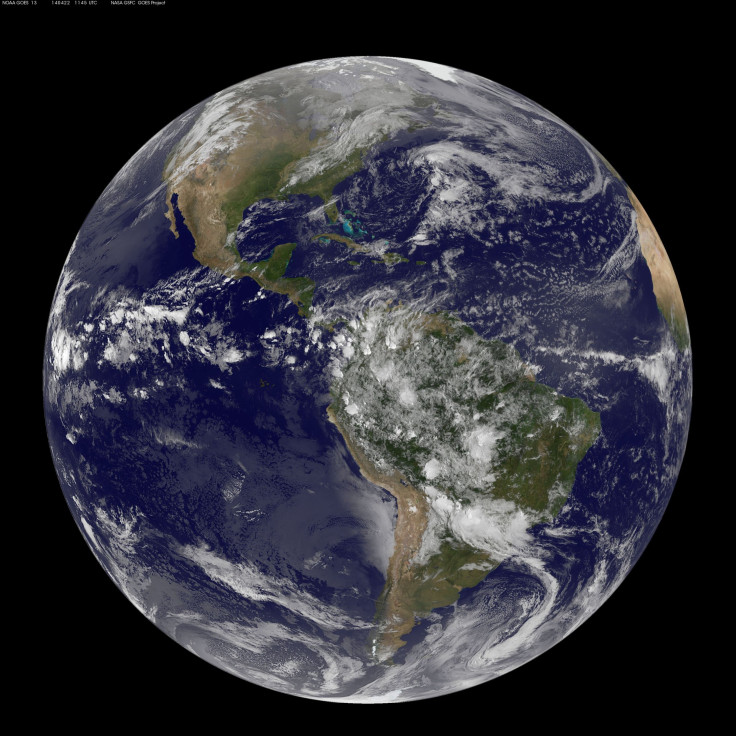Sky Diamonds Could Be A Planet's Best Friend, Climate Change's Worst Enemy

One answer to Earth's climate change problems could be diamonds. Not in the form of a multi-carat rock, but as dust. Researchers from Harvard University proposed using diamond dust as an alternative to the idea of spraying sulfates in the atmosphere as a way to cool the planet in the future, in a study published Monday.
This hypothetical antidote to global warming was proposed by the researchers as part of a mathematical analysis exploring the structure of these solids, Nature reported. Shooting a cloud of nano-sized solid particles into the atmosphere is not a new theory of geoengineering, but one that many researchers have explored. In some ways, the effect would be similar to a volcanic eruption. The ash spewed by the volcano, if big enough, can cause a dip in temperature.
When Mount Pinatubo in the Philippines erupted in 1991, according to NASA, the 20 million tons of sulfur dioxide spewed into the atmosphere caused a 0.5 degree Fahrenheit dip for around two years.
A controlled cloud of particles could produce a similar effect, in theory, Nature reported. Sulfate aerosols are a completely untested method to combat climate change. A 2013 study from the Max Planck Institute concluded that sulfate aerosols' climate cooling effect was overestimated. A 2015 government report also threw some cold water on geoengineering.
Stratospheric sulfate aerosols could be a relatively cheap way to combat climate change, according to researchers. Harvard's David Keith estimates that in 2040 it would cost $700 million to spread 250,000 metric tons of sulfate aerosols using commercial jets.
Sulfates lead to sulfuric acid, notes Nature, which does its own harm to the environment. Diamond dust, or alumina (aluminum oxide), would not create sulfuric acid. Based on the model, diamonds and alumina perform better than sulfates, being at least 50 percent more effective. The main drawback with diamonds is a very hefty bill in the billion-dollar range.
"You could have significantly less impact on ozone, less heating of the stratosphere and less of an increase in diffuse light at Earth’s surface," Debra Weisenstein of Harvard said in a statement. Solid particles also have unknown risks that would need further research to understand. The research was published in the journal Atmospheric Chemistry and Physics.
© Copyright IBTimes 2024. All rights reserved.






















